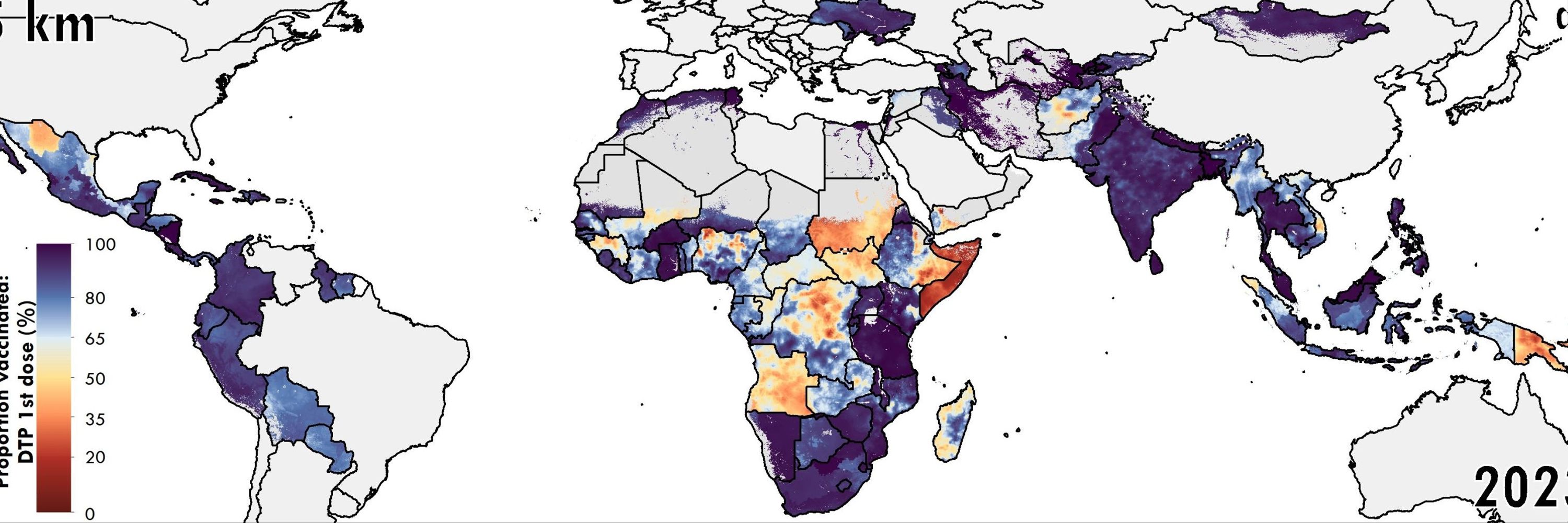
Permanent link to the paper directly on the Lancet ID website: www.thelancet.com/journals/lan...
Permanent link to the paper directly on the Lancet ID website: www.thelancet.com/journals/lan...
#GlobalHealth #NTDs
#GlobalHealth #NTDs
"The world is going to have to pick a trajectory," [Mosser] says. "Are we going to turn our backs on one of the most remarkable public health achievements that the world has ever seen?"

"The world is going to have to pick a trajectory," [Mosser] says. "Are we going to turn our backs on one of the most remarkable public health achievements that the world has ever seen?"
"...the study’s analysis took place prior to the shifts in U.S. federal funding... “The situation is even more challenging, I think, in the coming years than is even outlined in this analysis,” Moss told STAT."
"...the study’s analysis took place prior to the shifts in U.S. federal funding... “The situation is even more challenging, I think, in the coming years than is even outlined in this analysis,” Moss told STAT."
/🧵
/🧵

